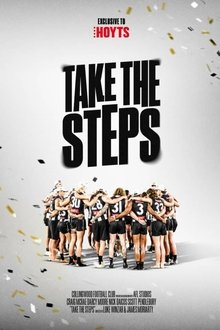Aristocratic Italian roots, a close family connection to James Bond novelist Ian Fleming, wartime experiences in the British and Finnish military, post-war Nazi-hunting adventures and a side career as a heavy metal rock singer. And one of the most iconic actors of all time.
Related Movies
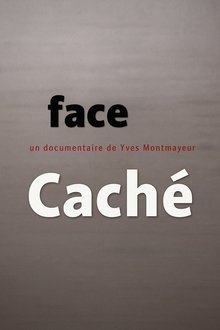
Face 'Caché' (2006)
A documentary on the shooting of Michael Haneke's movie 'Hidden' (Caché). Including interviews with Michael Haneke, Juliette Binoche and Daniel Auteuil.
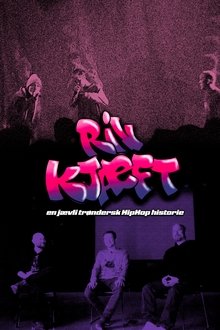
Riv Kjæft (2025)
Fremmed Rase is the rap group that burst out of Trøndelag in the early 2000s, and took the country by storm with playful rhymes, tough beats and explicit vocabulary. “Riv Kjæft” is an adventure about ups and downs from 1997 to 2025, a group with a completely unique legacy, and not least: real, "trøndersk", HipHop.
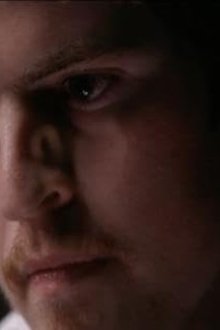
Schizophrenia: The Voices in My Head (2017)
A documentary tracking the daily lives, struggles and triumphs of some young Irish people living with schizophrenia. They speak openly about what it's like to live with such a severe mental health disorder and struggle with delusional thoughts and the internal voices that are so associated with schizophrenia.
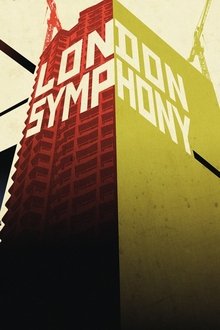
London Symphony (2017)
LONDON SYMPHONY is a brand new silent film - a city symphony - which offers a poetic journey through the city of London. It is an artistic snapshot of the city as it stands today, and a celebration of its culture and diversity.

Twiggy (2025)
Twiggy takes a comprehensive look at the life story of UK model and cultural icon Twiggy, real name Lesley Lawson, whose career kickstarted in the 1960s. It features interviews with Twiggy and her husband Leigh Lawson, as well as commentary from Erin O’Connor, Paul McCartney, Lulu, Poppy Delavigne, Brooke Shields, Pattie Boyd and Zandra Rhodes.
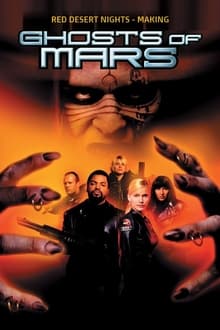
Red Desert Nights: Making Ghosts of Mars (2001)
Documentary about the making of John Carpenter's sci-fi horror movie, Ghosts of Mars.
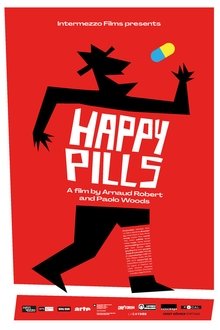
Happy Pills (2023)
A journey through six different countries and characters into a world where chemistry is the ultimate response to human pursuits of well-being.

Grizzly Man (2005)
Follows the story of "Grizzly Man" Timothy Treadwell and what the thirteen summers in a National Park in Alaska were like in his attempt to protect the grizzly bears. The film is full of unique images and a look into the spirit of a man who sacrificed himself for nature.
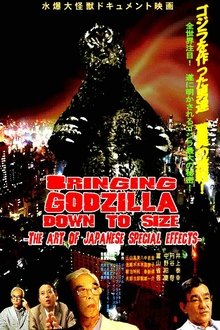
Bringing Godzilla Down to Size: The Art of Japanese Special Effects (2008)
A look at the unrecognized work of the talented artists and craftsmen who've maintained the tradition of Japanese special-effects. Highlighted is Yasuyuki Inoue along with various crew members who crafted meticulously detailed miniatures and risked life and limb as suit actors. All done to bring to life some of film's most iconic monsters through a distinct Japanese artform.
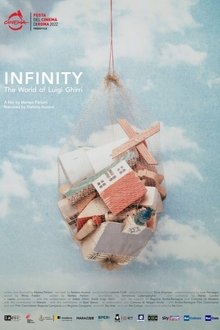
Infinity: The Universe of Luigi Ghirri (2022)
In this poetic portrayal of Luigi Ghirri (1943–1992), a master of contemporary photography, the director gives voice and, in particular the image, to the protagonist. The photographer takes the audience on a tour of the outskirts of daily life as seen from the corner of his eye, the area in between what is artificial and authentic or grand and small – the meso-scale.
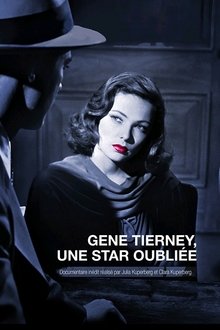
Gene Tierney: A Forgotten Star (2017)
Martin Scorsese is among those paying tribute to Gene Tierney, the Academy Award-nominated American actress who was a leading lady in Hollywood throughout the 1940s and '50s.

Best Served Cold (NaN)
A feature length cinema documentary on how THE FARMER (1977) became the most-requested cult film of the new millennium, and it's a crazy tale that involves an actor incarcerated for manslaughter, serious on-set injuries, banana-man costumes- as well as surprising links to Clint Eastwood and Martin Scorsese. The film also broadens its scope to explore the overlooked, eclectic and often ultra-violent sub-genre THE FARMER belongs to - The Returning Veteran film. A film type that hit its stride in the 1970's with hard hitting character studies such as WELCOME HOME, SOLDIERS BOYS (1971), THE NO MERCY MAN (1973) and ROLLING THUNDER (1977).
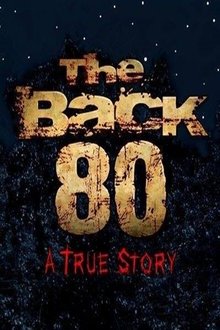
The Back 80 (2017)
Suzanne's life was turned upside down when a Bigfoot ran across the road in front of her one night. As she tries to understand what she's seen the creature arrives at her doorstep and sends her into a downward spiral looking for answers.
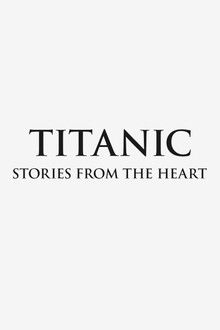
Titanic: Stories from the Heart (2023)
James Cameron, Jon Landau, and Kate Winslet reflect on the making of Titanic, sharing unseen footage, behind-the-scenes insights, and memories that shaped cinema’s most unforgettable love story.
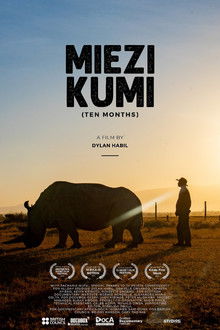
TEN MONTHS (2022)
MIEZI KUMI (TEN MONTHS) is a short documentary of the love between Zacharia Mutai, his family and the last two northern white rhinos, which he has to take care of for ten months in a year.
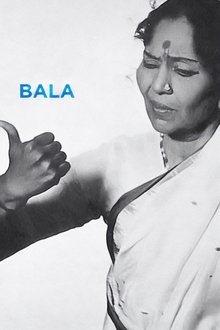
Bala (1976)
A documentary about the aging prima ballerina Balasaraswati (popularly known as "Bala"), the most famous exponent of the Bharatanatyam dance.
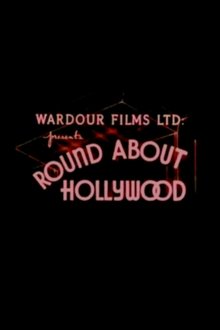
Round About Hollywood (1931)
This short travelogue depicts snippets of locations in Hollywood, California, most of them as seen from the streets. Considerable time is taken showing the kinds of architecture of private homes. There are images of various important buildings, and a depiction of the Hollywood Bowl. Finally, there is a sequence revolving around the premiere of the film “Dirigible” (1931) at the famed Chinese Theatre.
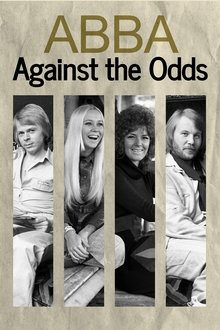
ABBA: Against the Odds (2024)
This year marks the 50th anniversary of ABBA’s iconic Eurovision victory, a milestone that calls for a celebratory cinematic tribute fitting for the ultimate pop band. ‘ABBA: Against the Odds’ unveils the epic journey of ABBA’s rise to global fame. Starting with the moment they won Eurovision, it tells the story of how they overcame critical backlash, societal attitudes and marital break-up to deliver their ground-breaking music and prove themselves as a live act.

